
German conservative influencer Naomi Seibt has announced that she is seeking asylum in the United States, citing political persecution in her home country. Seibt, who supports the right-wing Alternative für Deutschland (AfD), said she has been targeted by intelligence surveillance, state media defamation and Antifa threats due to her political views.
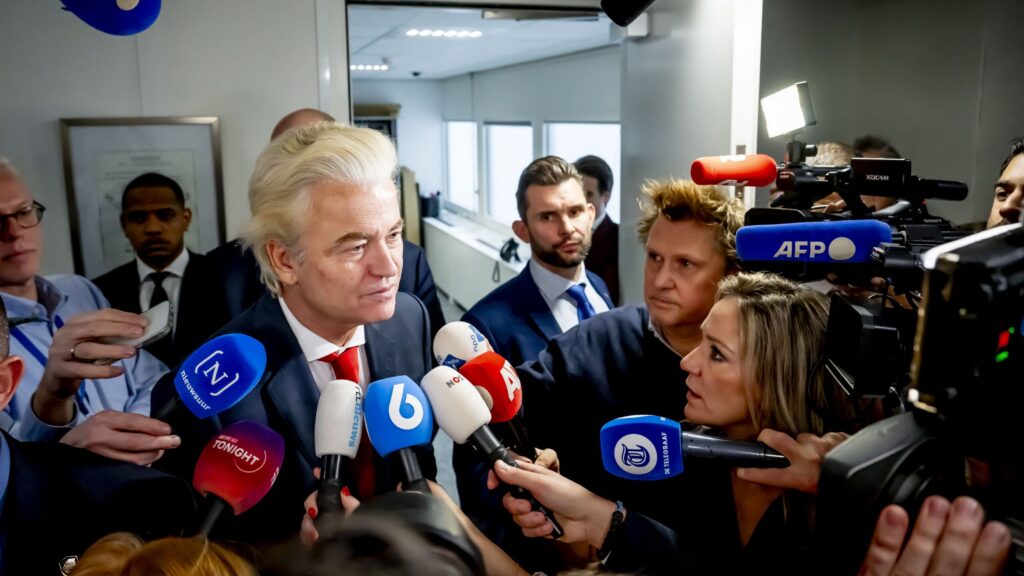
Liberal-centrist D66 might have narrowly won the Dutch elections ahead of Geert Wilders’ PVV, with 16.9 per cent to 16.7. Both parties are projected to win 26 seats, signalling a major loss for PVV. The outcome illustrates how right-wing populists across Europe often confront structural barriers and mainstream pushback preventing genuine policy transformation on critical issues such as mass migration.
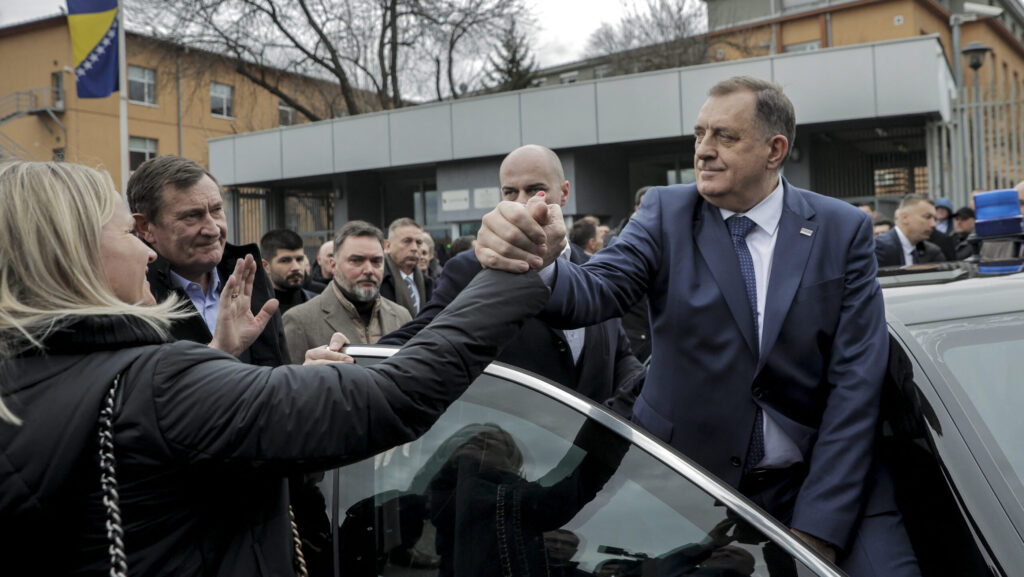
US President Donald Trump has lifted sanctions on Bosnian Serb leader Milorad Dodik, his family members, and political allies, reversing measures imposed by previous administrations. The US Treasury Department’s Office of Foreign Assets Control announced the decision without explanation, prompting Dodik to hail it as a ‘moral vindication’ for Republika Srpska.

A proposal to rename Budapest’s Bajza Street metro station after late Russian opposition leader Alexei Navalny failed in the City Assembly’s Transport Committee on Monday. The motion, submitted by Ferencváros Mayor Krisztina Baranyi, sought to rename the stop ‘Bajza Street–Navalny Memorial’ in front of the Russian embassy.
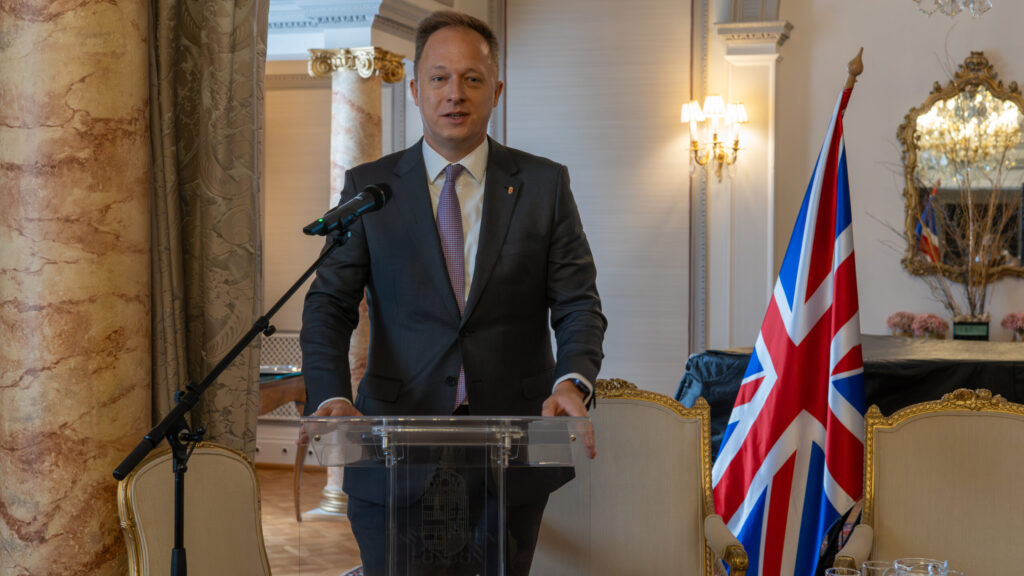
The Hungarian Embassy in London hosted the Roger Scruton Symposium on 21 October, bringing together scholars, diplomats and public figures to reflect on the conservative philosopher’s legacy. Organized by the Hungarian Scruton Hub and the Roger Scruton Legacy Foundation, the event featured four panels examining Scruton’s ideas on nationhood, culture, and the defence of Western civilization.

A small aircraft carrying Hungarian tourists crashed on Tuesday morning off the coast of Kenya in Kwale County, killing all 11 on board. Authorities confirmed that eight Hungarian citizens, including two minors, were among the victims.
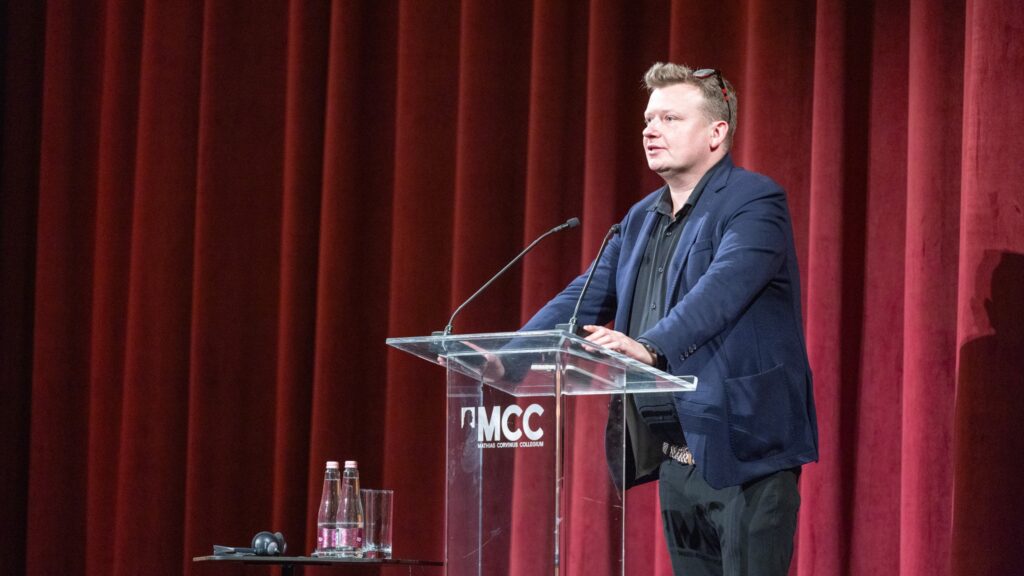
Marcin Tulicki’s new documentary on the takeover of Polish state media under Donald Tusk premiered in Budapest on Monday. During the panel discussion that followed, Gergely Gulyás criticized the European Commission’s approach to rule of law issues, while Zbigniew Ziobro claimed that Tusk’s government operates ‘with EU approval’ despite undermining judicial independence.
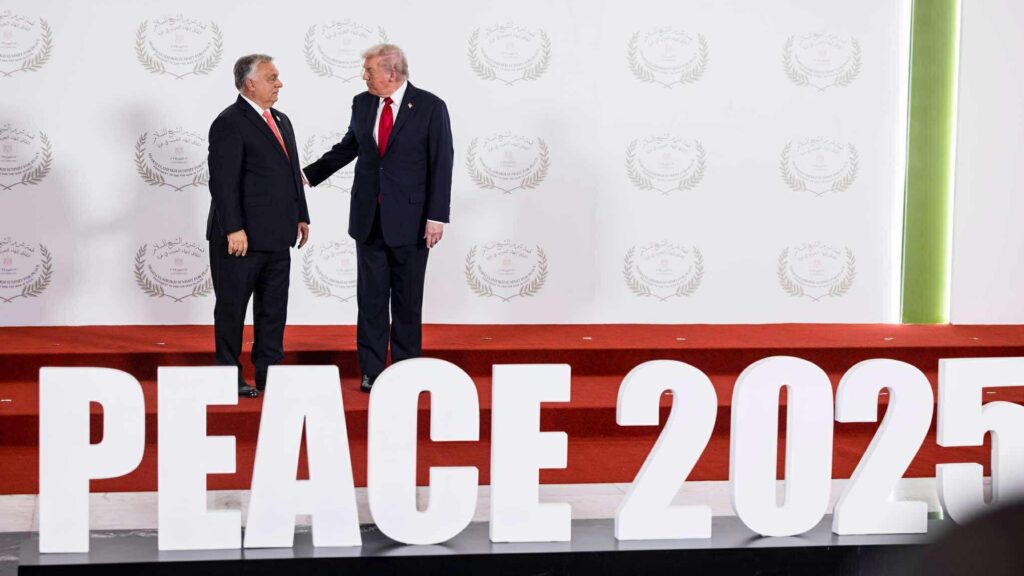
Hungarian Prime Minister Viktor Orbán is set to meet US President Donald Trump in Washington next week, amid debates over new US sanctions on Russian oil. The visit follows Italian newspaper La Repubblica’s claim that Orbán called Trump’s decision a ‘mistake’—a claim disproven after the full recording was released, showing he made no such criticism and spoke only about Hungary’s energy needs.
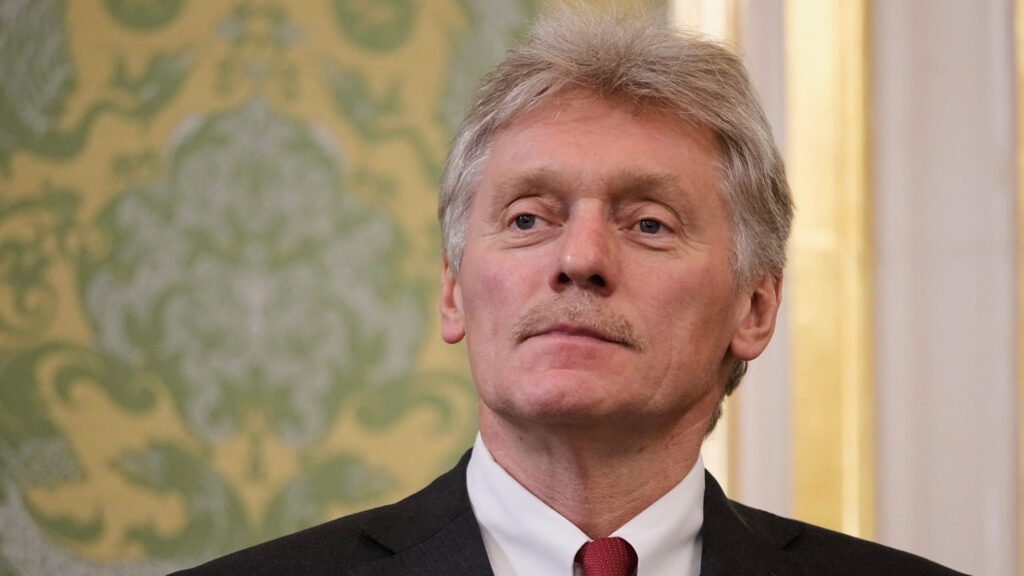
The Kremlin has indicated that plans for a Trump–Putin peace summit in Budapest remain on track, even after Washington sanctioned Rosneft and Lukoil. Putin’s envoy Kirill Dmitriev said the sides are ‘quite close’ to a deal on Ukraine, welcoming Ukrainian President Zelenskyy’s recent shift toward accepting a ceasefire along current frontlines.

A previously virtually unknown Hungarian YouTuber’s spontaneous interview with Prime Minister Viktor Orbán’s mother during the Peace March has received widespread attention online. Erzsébet Sipos’s open and humorous comments struck a chord with viewers, with some political observers noting that the video may have a favourable impact on Fidesz’s image.
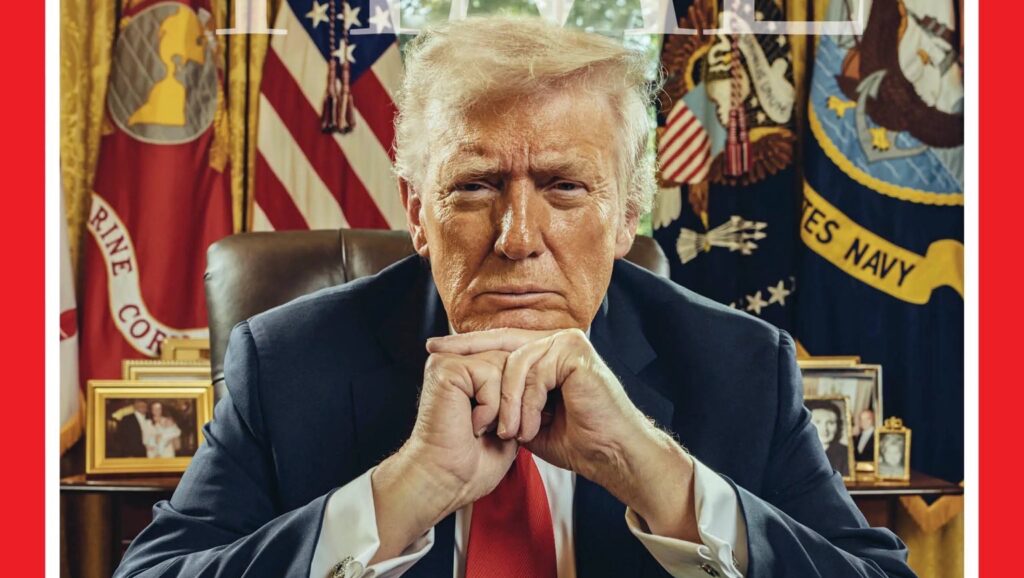
The Daily Beast has reached new depths of Trump Derangement Syndrome, alleging that Donald Trump’s latest TIME magazine cover was inspired by a 1963 Newsweek portrait of Nazi industrialist Alfred Krupp—based solely on an Instagram ‘like’ by the photographer. TIME has dismissed the claim as ‘completely untrue’ and ‘reckless’.
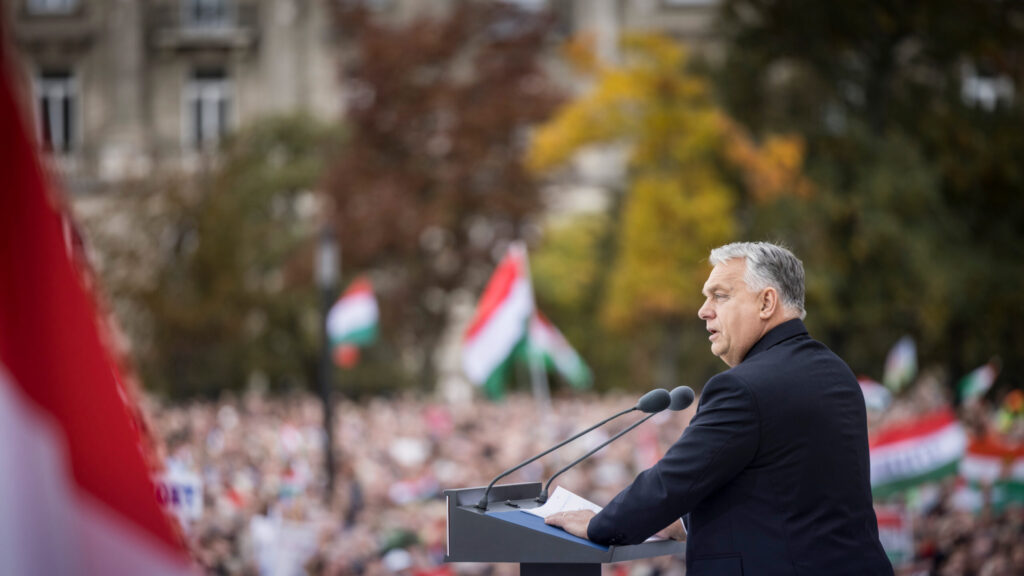
Hungarian Prime Minister Viktor Orbán marked the 1956 Revolution anniversary with a defiant speech in Budapest, vowing that Hungary ‘will not die for Ukraine, but will live for Hungary.’ Addressing tens of thousands, he accused Brussels of ‘dragging Europe into war’ and declared that ‘Budapest will be the capital of European peace.’
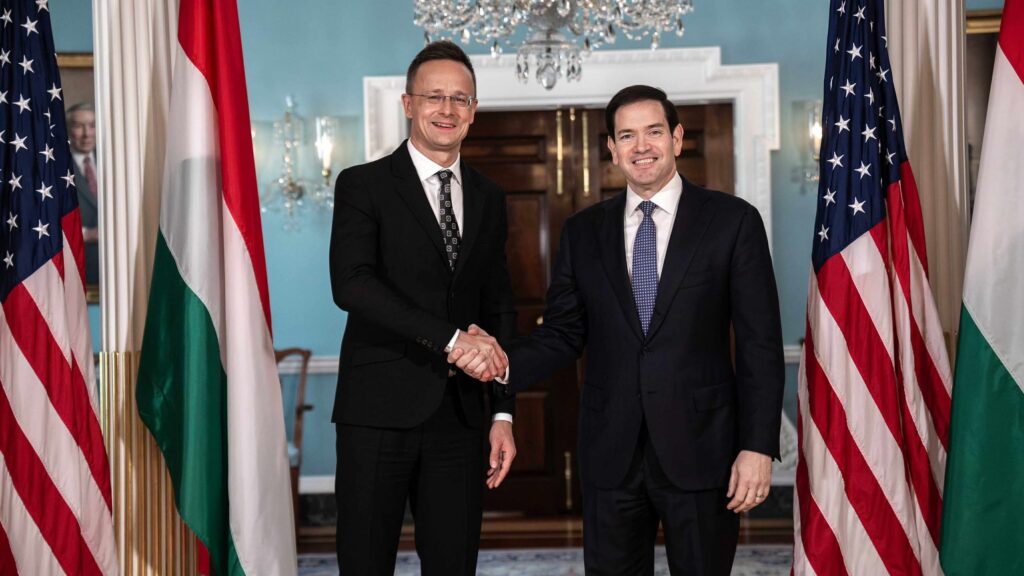
Hungarian Foreign Minister Péter Szijjártó met US Secretary of State Marco Rubio in Washington, DC, on Wednesday to discuss preparations for the planned Trump–Putin peace summit in Budapest. Despite reports of a cancellation, Szijjártó said the US ‘has not given up’ on the summit, stressing that the question is one of timing, not intention.
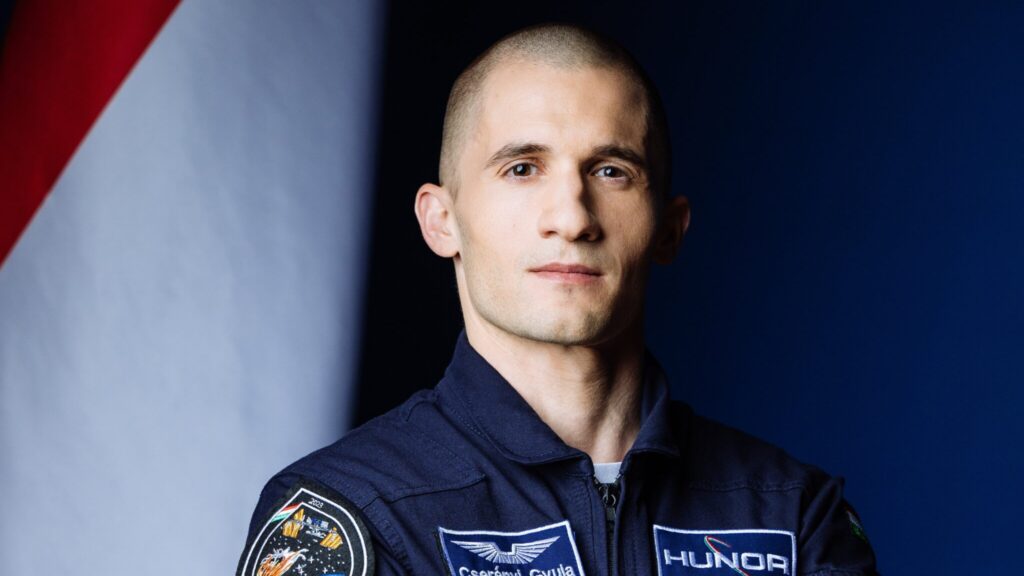
Hungary will send another astronaut, Gyula Cserényi, to the International Space Station, continuing its HUNOR programme with Axiom Space. The new mission will make Hungary one of just a dozen nations worldwide to have sent three astronauts to orbit, placing it alongside Australia and Saudi Arabia in the global space ranking.
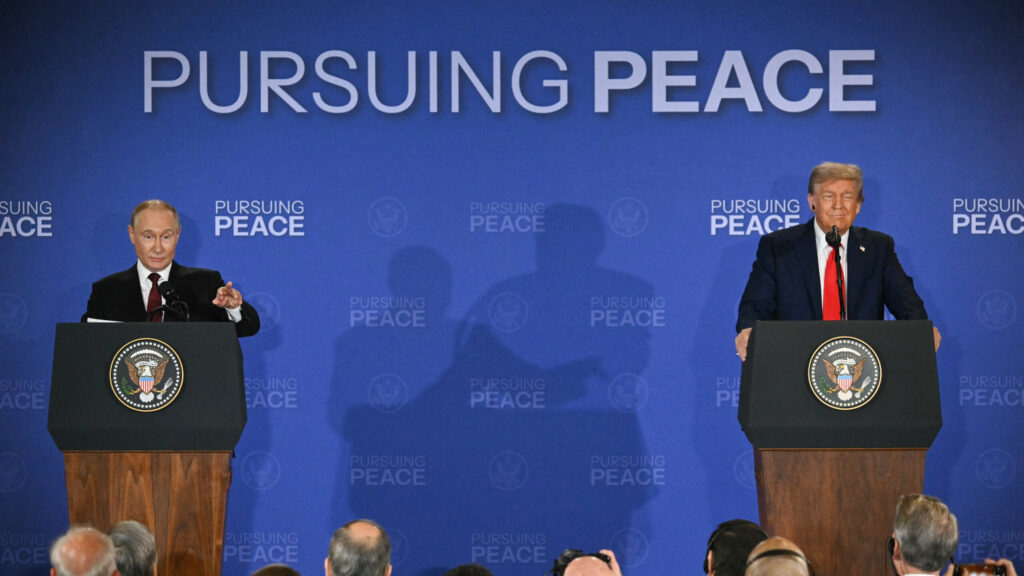
The planned Trump–Putin summit in Budapest has exposed how modern diplomacy is waged through information warfare. Leaks, denials, and anonymous sources have flooded the media, as Brussels and Kyiv intensify efforts to block the meeting—fearing that a deal might emerge outside their control.
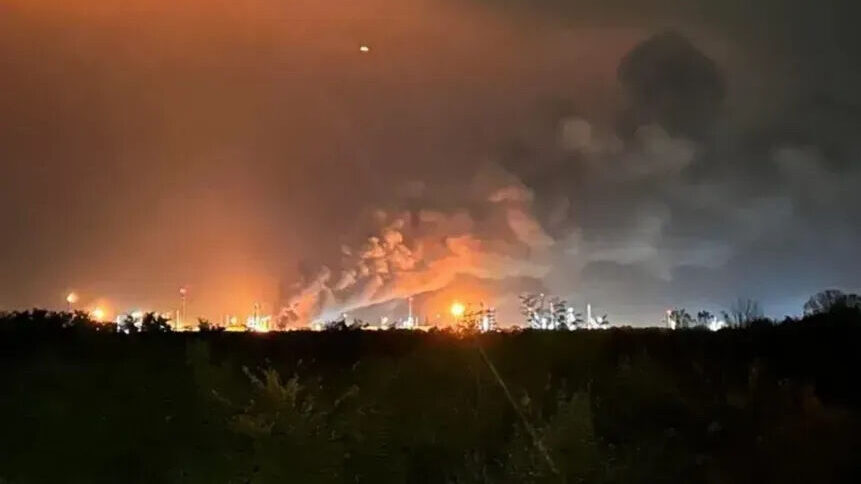
Two Russian-linked oil refineries—Lukoil’s Petrotel plant in Romania and MOL’s Százhalombatta facility in Hungary—were rocked by explosions on Monday, halting operations. Authorities have yet to identify an official cause, but the near-simultaneous incidents have fuelled speculation of Ukrainian sabotage amid Kyiv’s ongoing drone and pipeline attacks on Russian energy infrastructure.
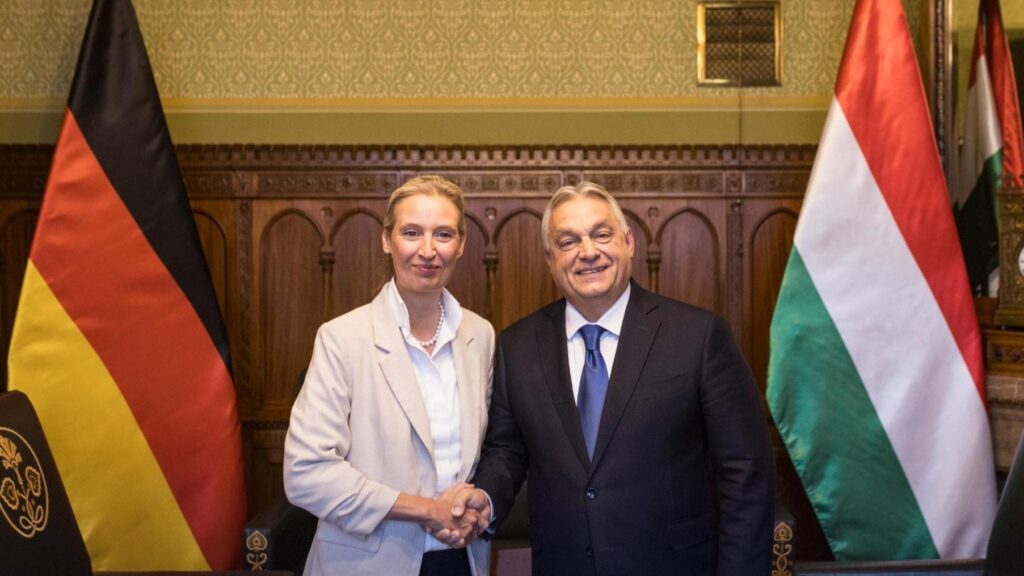
Hungarian Prime Minister Viktor Orbán hosted Alice Weidel, co-chair of Germany’s AfD, in Budapest on Monday. Weidel praised Hungary for hosting the upcoming Trump–Putin peace summit, calling Budapest ‘the best place in the world’ and commending Orbán’s leadership in promoting dialogue and stability in Europe.
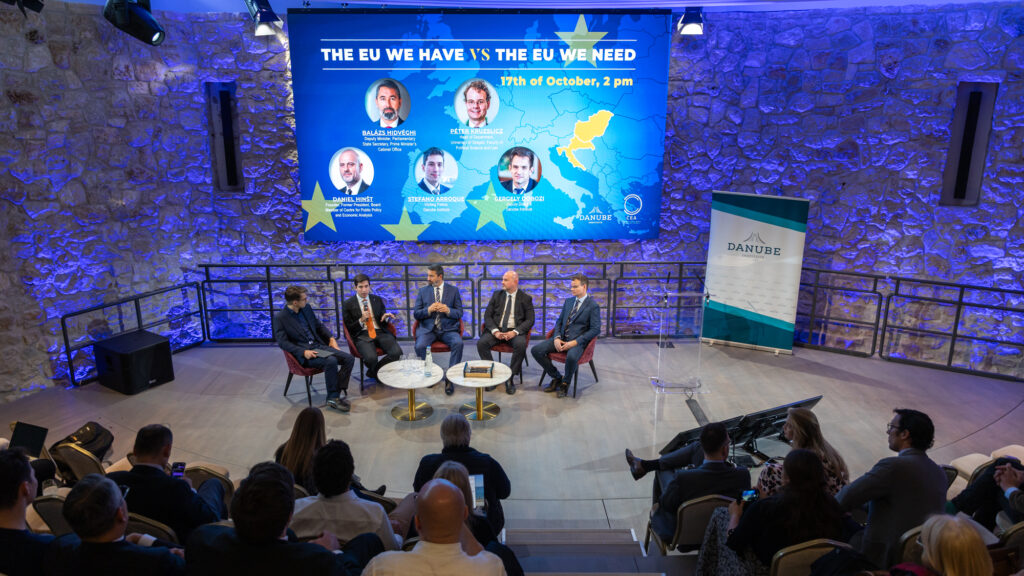
The Danube Institute hosted a high-level discussion on the EU’s future, where Balázs Hidvéghi, Stefano Arroque, Daniel Hinšt, and Péter Kruzslicz agreed that the bloc’s growing centralization has created a structural crisis. Speakers urged reform, respect for sovereignty, and a return to the principle of subsidiarity.
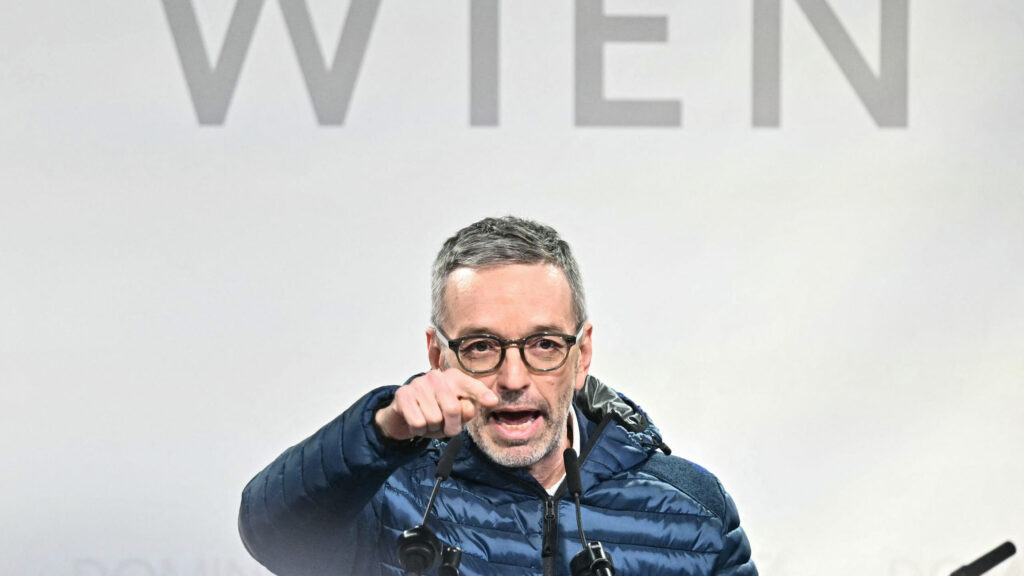
Austria’s Freedom Party (FPÖ) has surged to an unprecedented 38 per cent in a new Market Institut poll—the highest level in its history—cementing its lead ahead of the governing coalition parties. The result underscores a broader rightward shift across Europe, as patriotic forces from Germany to the UK continue to gain ground.
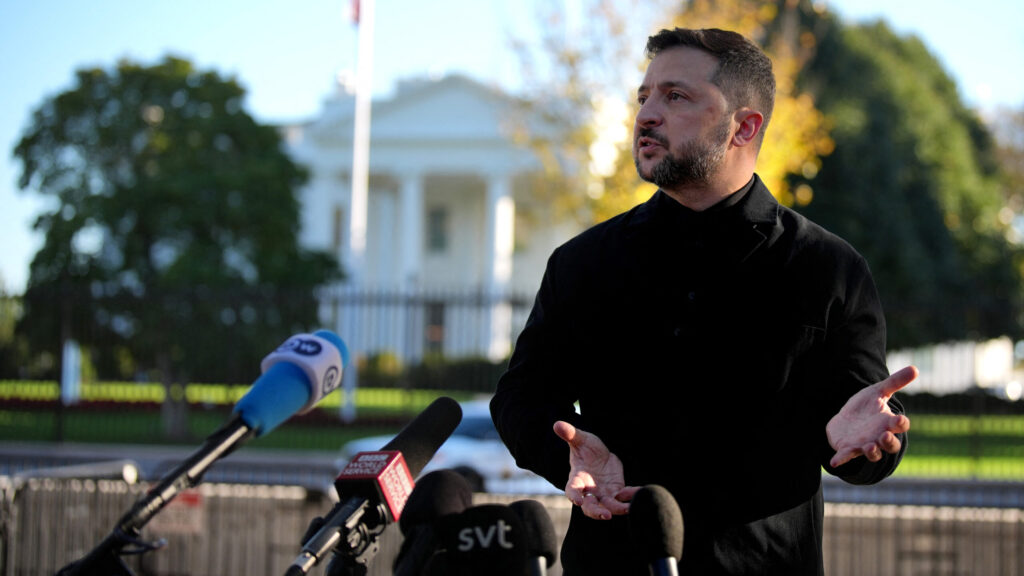
Ukrainian President Volodymyr Zelenskyy signalled his willingness to meet Russian President Vladimir Putin and US President Donald Trump in Budapest, saying he is ‘ready’ to join the summit if it aims for a just and lasting peace. ‘We need both sides of this tragedy,’ he said.
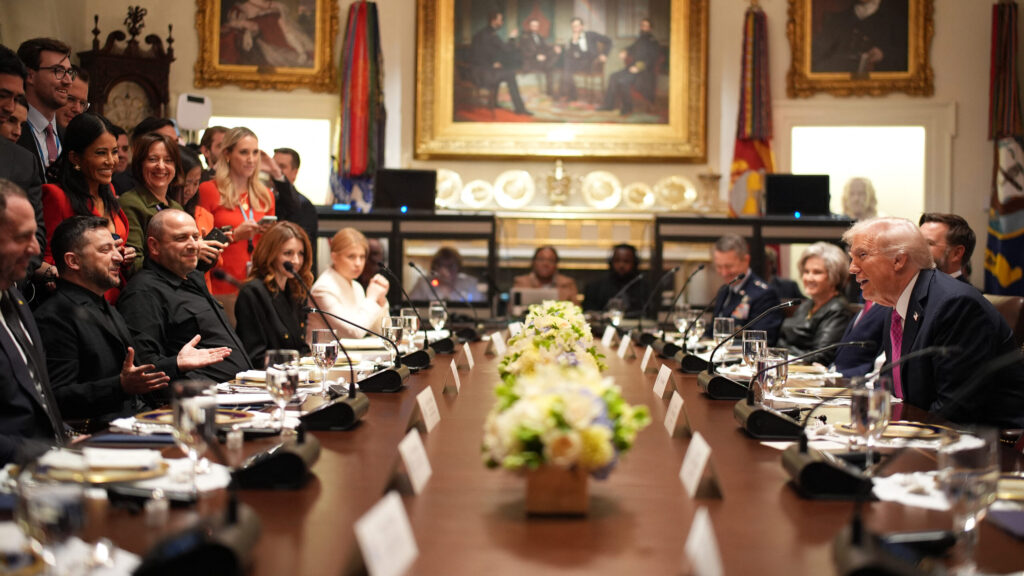
US President Donald Trump has explained why Budapest was chosen as the venue for his upcoming peace talks with Russian President Vladimir Putin, praising Hungary as strong, stable, and safe. Trump said that both he and Putin ‘like Viktor’, describing him as ‘a very good host’.
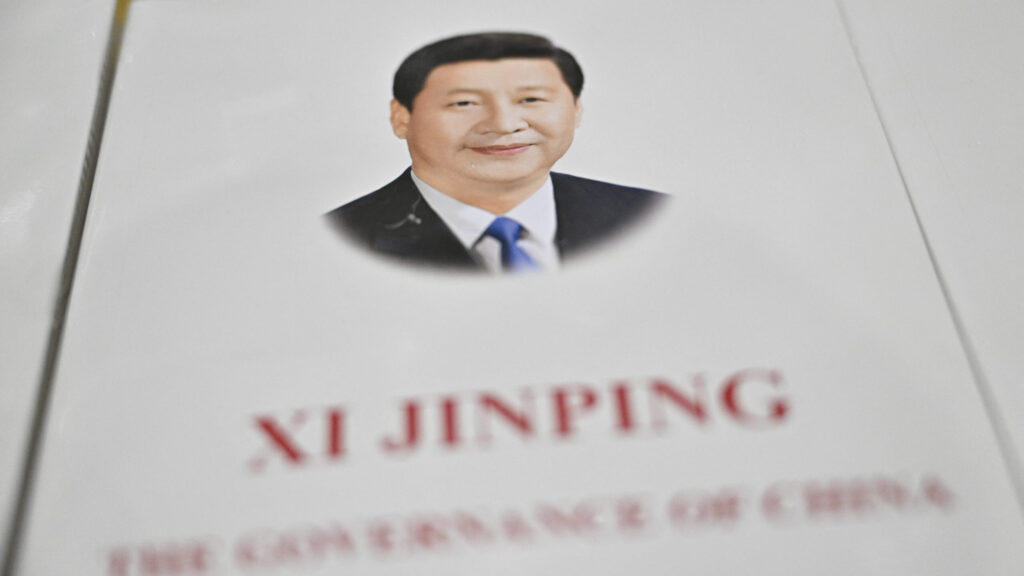
Hungary and China celebrated another milestone in their growing partnership on Friday with the launch of the Hungarian edition of The Governance of China, Volume II. Published by the Eurasia Center, the book presents Xi Jinping’s key ideas on governance, modernization, and China’s role in a changing world.

Budapest may soon join the ranks of historic diplomatic cities as US President Donald Trump and Russian President Vladimir Putin plan to meet there for peace talks on Ukraine. Analyst Anton Bendarjevskiy says the summit could become Hungary’s most significant foreign policy milestone in decades.
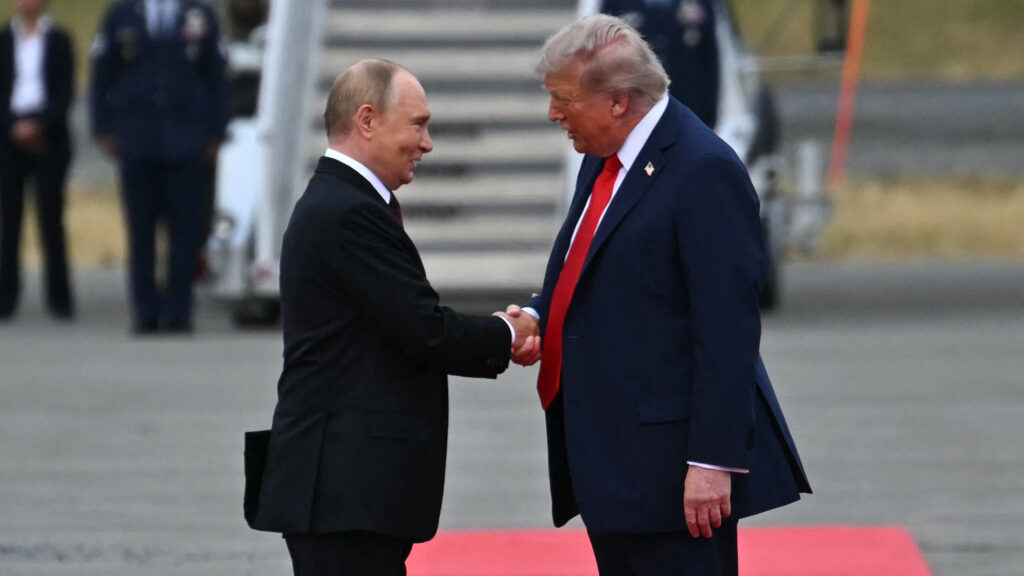
Hungary’s capital will host the next Trump–Putin summit on Ukraine, Prime Minister Viktor Orbán confirmed on Thursday. The talks aim to revive negotiations stalled since August and come just as Zelenskyy pushes Washington for long-range Tomahawk missiles to strike deep inside Russia.
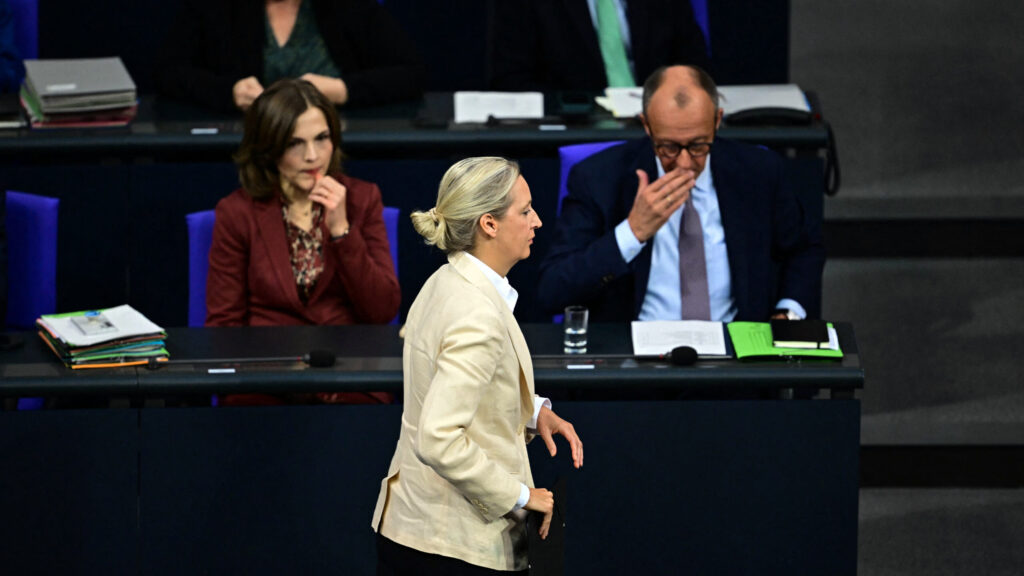
Alternative für Deutschland (AfD) has achieved a historic breakthrough, polling 40 per cent in Saxony-Anhalt and becoming Germany’s largest party nationwide with up to 26.5 per cent, according to Insa and Ipsos surveys—cementing its dominance across both regional and federal levels.
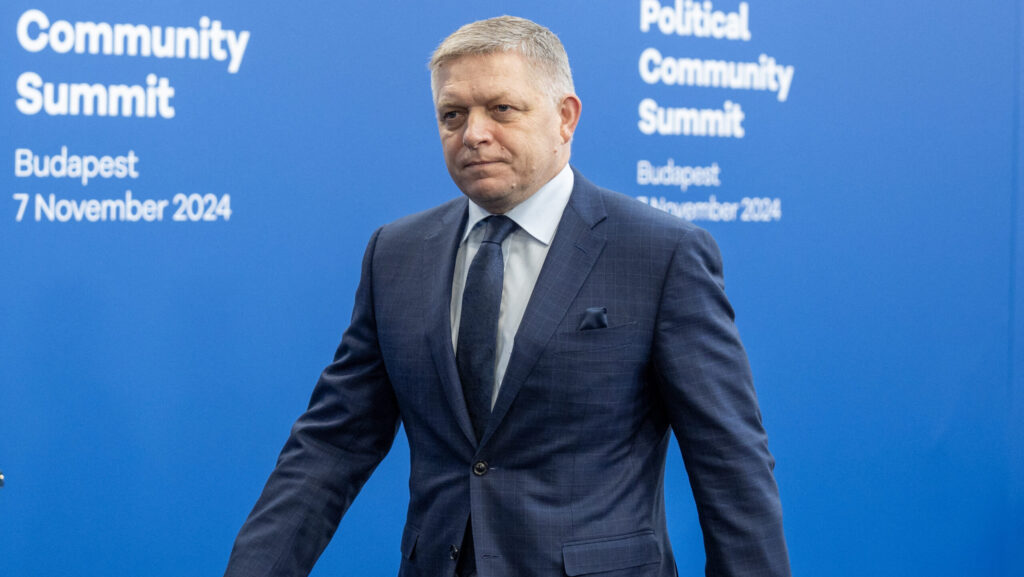
Slovak Prime Minister Robert Fico sharply rebuked Brussels ahead of next week’s European Council summit, accusing EU leaders of using Ukraine to ‘cover up their inability’ to solve the bloc’s real problems—namely soaring energy costs and a crisis in the automotive industry.
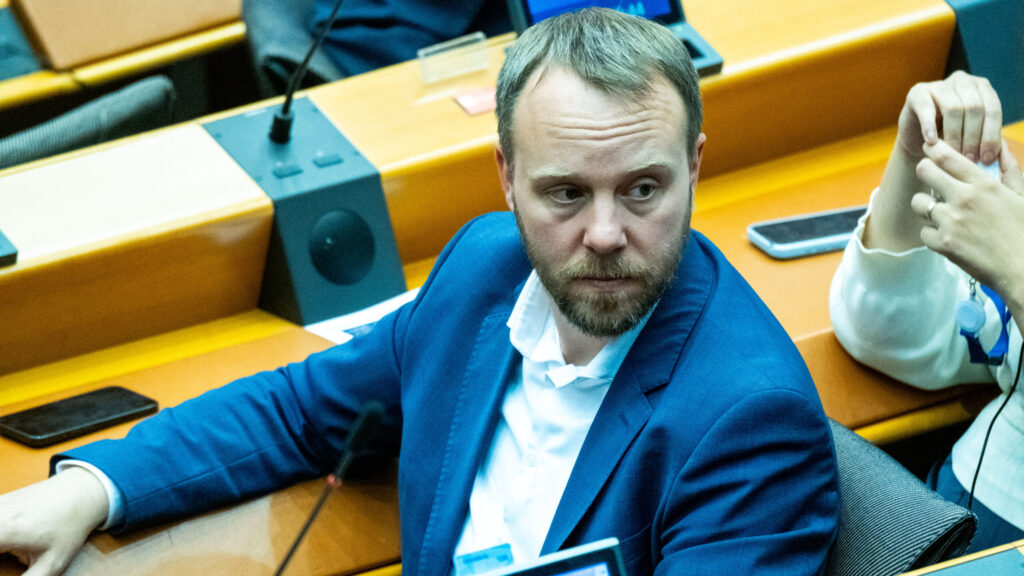
German Green MEP Daniel Freund has lodged a criminal complaint against Hungarian Prime Minister Viktor Orbán, alleging an attempt to hack his email using spyware. Freund—long a vocal Orbán critic—claims Hungarian intelligence was behind the attack.

A new poll shows Nigel Farage’s Reform UK heading for a landslide victory unprecedented in modern British politics, securing a projected 445 seats in the House of Commons. As disillusionment with Labour and the Conservatives deepens, commentators warn that the two-party system is collapsing.
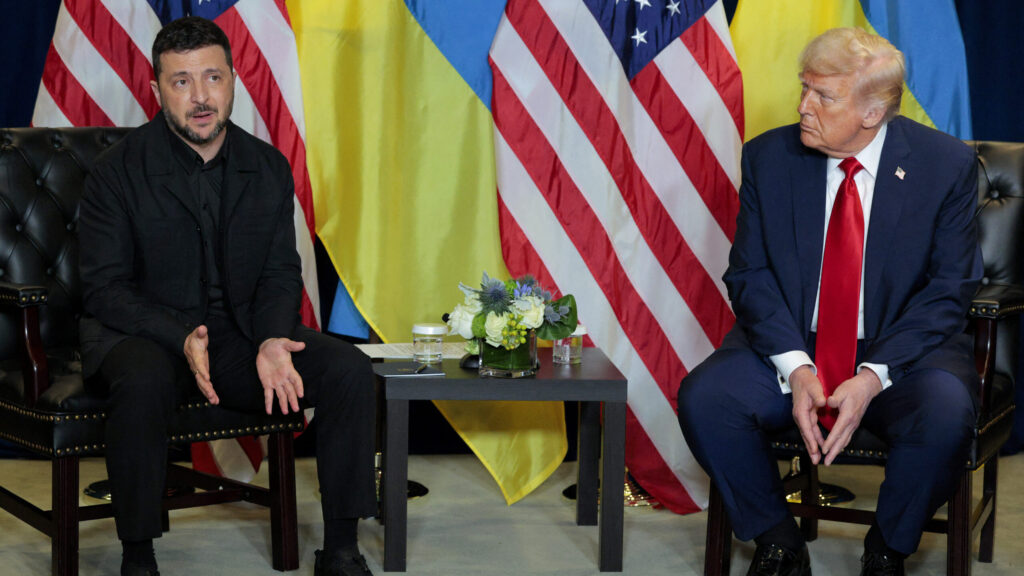
Following his breakthrough Gaza peace deal, US President Donald Trump now seeks to replicate the success in Ukraine. Ahead of his Friday meeting with Volodymyr Zelenskyy, Trump remains confident he can broker an end to the war—even as Kyiv pushes for Tomahawk missiles and Moscow warns of escalation.
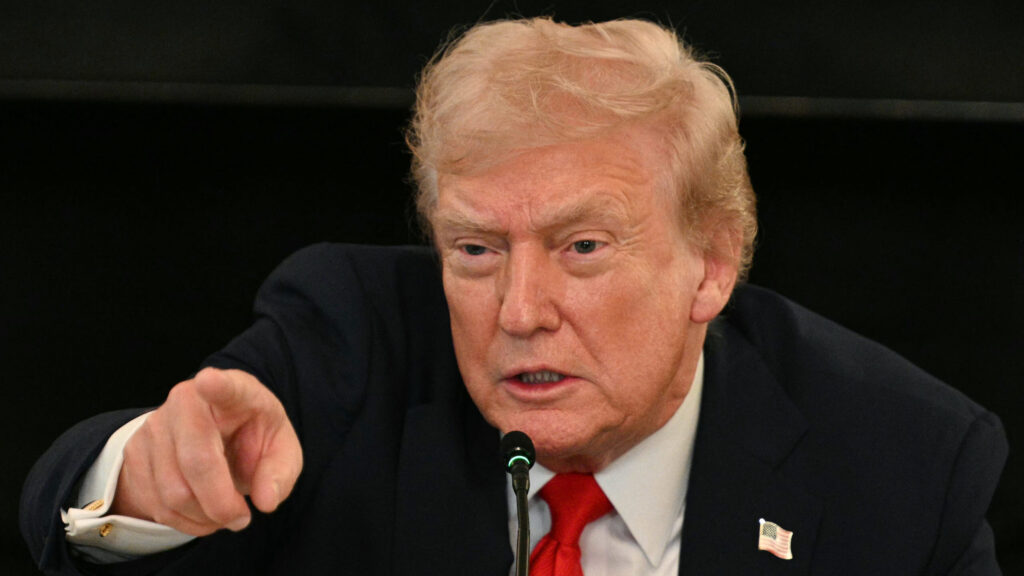
The Trump administration has launched its long-awaited crackdown on Antifa, opening FBI investigations and contacting victims of Antifa-linked violence. Amid the pressure, Rutgers University professor and Antifa: The Anti-Fascist Handbook author Mark Bray—dubbed ‘Dr Antifa’ by students—has reportedly fled the United States for Europe.